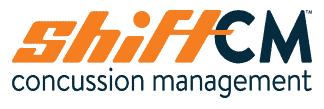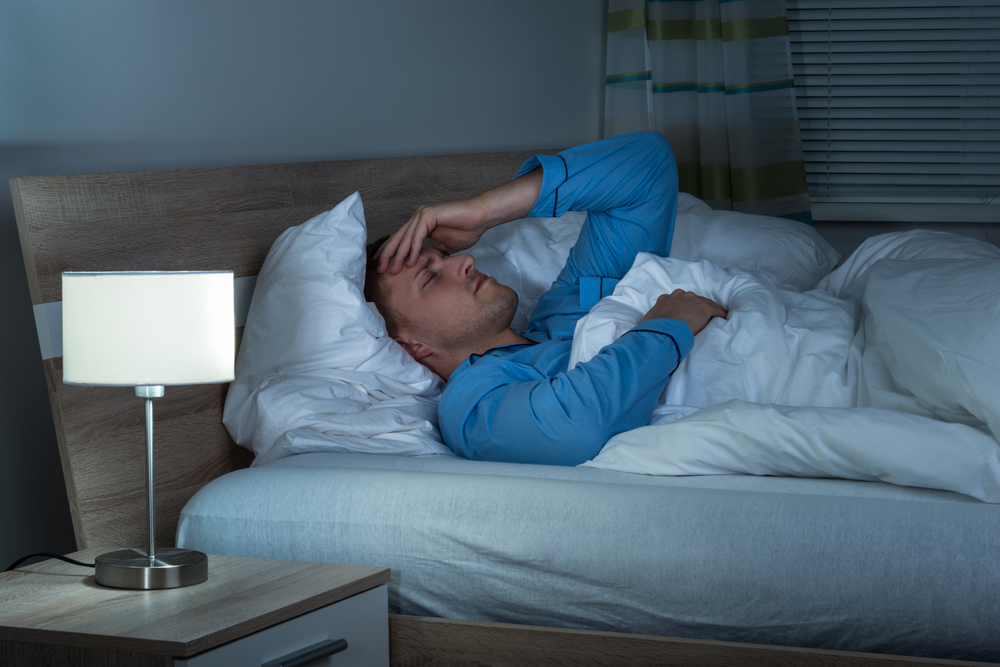Post Concussion Syndrome (PCS) is a complex disorder defined by a wide range of symptoms such as headaches, dizziness, sleep problems, anxiety and depression that persists weeks to months after a concussion injury.
Not everyone who sustains a concussion goes on to suffer from PCS. In fact, researchers are still uncertain why some individuals experience PCS after concussion and others do not. Symptoms associated with PCS typically resolve within 3 months, however 10-15% of people may go on to experience symptoms for longer.
Post Concussion Syndrome Causes
There is still significant debate over what causes PCS. It may be related to underlying structural damage to the brain, or continued disturbance in the function of pathways within the brain.
It has also been theorized that PCS is actually a psychological disorder — as those who suffer from depression and post-traumatic stress disorder (PTSD) display similar symptoms. Based on the complexity of the condition, it’s likely to be a combination of both biological and psychological factors.
Symptoms of Post Concussion Syndrome
Symptoms of PCS may be physical, cognitive, behavioural, and/or sleep and mood related. PCS affects each person differently, and treatment should be tailored to fit the individual’s symptoms.
Common PCS symptoms include:
- Persistent headache
- Neck pain and soreness
- Dizziness or vertigo
- Eye pain, strain or visual fatigue
- Blurry vision or sometimes double vision
- Difficulty falling asleep, staying asleep, or sleeping a significant amount
- Persistent fatigue and drowsiness
- Intolerance to exercise
- Sense of “sea sickness” or motion sickness
- Difficulty with concentration, dividing attention, retrieving memories or words
- Anxiety and depression
- Irritability
- Difficulty regulating your emotions
Some people are unable to work or go to school because of the severity of their symptoms. It is important to seek medical advice if you find yourself experiencing ongoing issues following a concussion.
Post Concussion Syndrome Treatment Options
When PCS symptoms are severe, treatment typically requires an interdisciplinary team of health professionals. Our practitioners at Shift Rehabilitation are trained to tease out the various factors that may be contributing to a patient’s PCS and provide individualized treatment recommendations. These may include:
Physical Rehabilitation for the Neck:
Neck pain is an irritating symptom that can often snowball into headaches, even contributing to dizziness in patients with PCS. If your neck has been affected by the injury, you may benefit from a variety of treatment techniques designed to reduce pain, improve range of motion and joint function, as well as increase strength and stability around the cervical spine (upper spine).
Vision and Vestibular Rehabilitation (Dizziness):
Many PCS patients experience persistent dizziness, vertigo and visual complaints. This is often rooted in dysfunction of the vestibular and/or visual systems. The vestibular system provides us with our sense of balance, spatial orientation and equilibrium.
When the pathways within our brains that process this information become impaired, we must “retrain” these systems by means of vestibular and visual rehabilitation. This process works through “neuroplasticity” — the brain’s inherent ability to reorganize itself.
Typically, this involves a series of exercises completed both in clinic and at home that are designed to gradually reduce dizziness, motion sensitivity, and visual complaints. You may be required to visit an optometrist and/or a physician before undergoing this type of rehabilitation.
Rehabilitation Through Exercise:
Research is now showing that early exercise may play a role in recovery from PCS. It’s hard to imagine wanting to exercise while experiencing PCS symptoms, but our practitioners can help you find an exercise type/level that does not further aggravate symptoms, while providing you with the health benefits of staying active.
It may be as simple as developing a daily walking program or as complex as gradually getting you back into some of your previous fitness activities.
Other Healthcare Options:
Medical: If you suffer from severe post-traumatic headaches or migraines, your physician or neurologist may suggest medications to help reduce pain, improve sleep patterns, and settle feelings of anxiety or depression.
Counseling: Many PCS patients benefit from psychological counseling. Feelings of anxiety, depression, and helplessness can, at times, become overwhelming. It’s important to learn coping strategies, in order to limit the effects these feelings can have on your condition. In addition, cognitive behavioural therapy has been shown to help with symptoms of insomnia and other sleep issues.
Optometry: The visual system is often significantly impacted in PCS. In many cases visual acuity or overall clarity of vision is not affected but rather the ability of the eyes to work together in a coordinated fashion. This type of impairment may not be picked up by a regular optometric eye exam.
You may need to see an optometrist who specializes in detecting visual dysfunction associated with head trauma. Prescription lenses can be required to improve visual function and reduce symptoms of headaches, eye pain, focusing issues, and visual fatigue.
Other intervention options include assessment and treatment by an audiologist for hearing loss or “ringing in the ears” or by a speech and language pathologist for issues with normal speech.
PCS can be a frustrating and scary disorder. Not everyone finds the resources they need to get better. Our practitioners are here to help guide you along your recovery.
If you are suffering from persistent symptoms after concussion, don’t hesitate to contact us at (519) 822-2226 or email us here


Leave a Reply